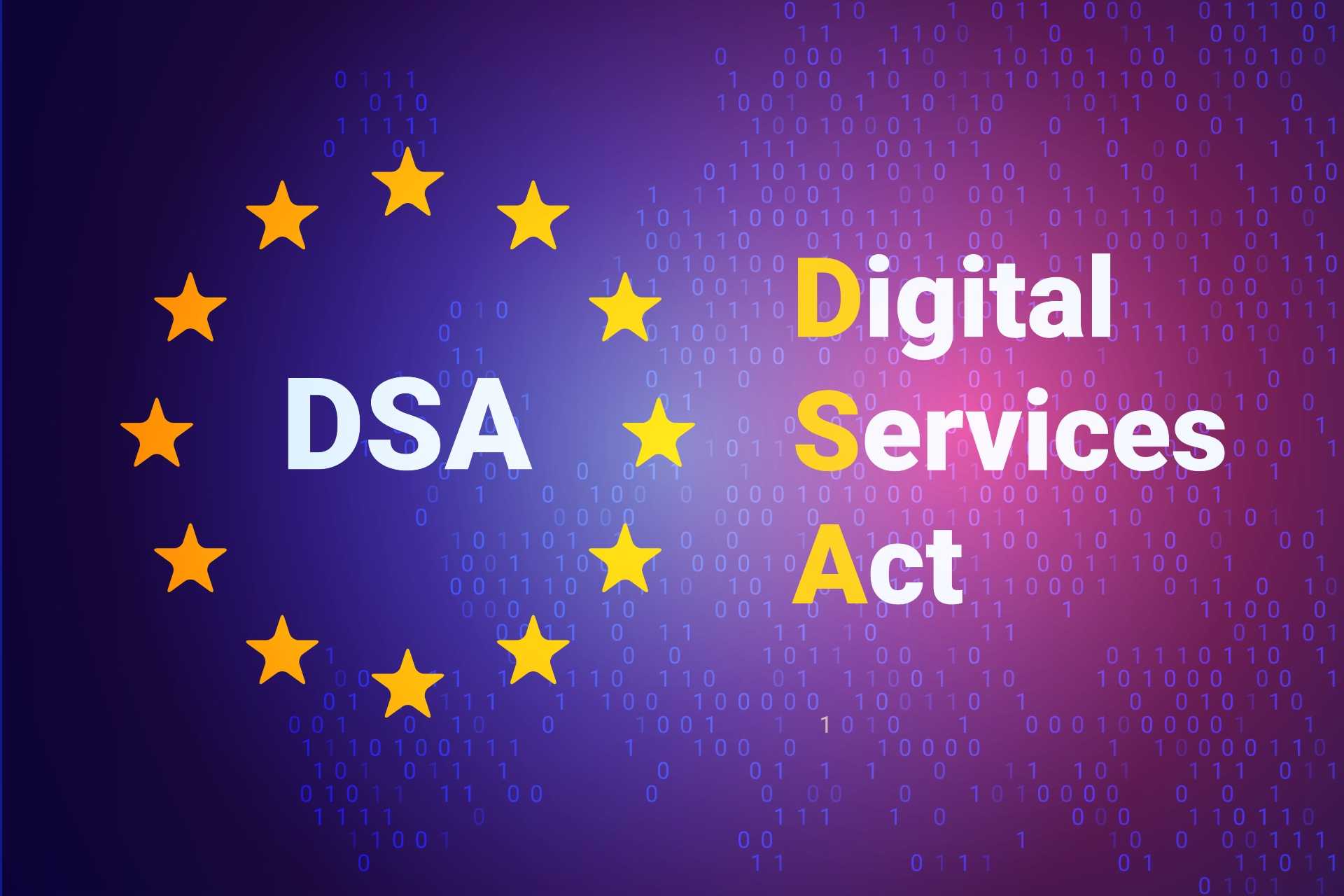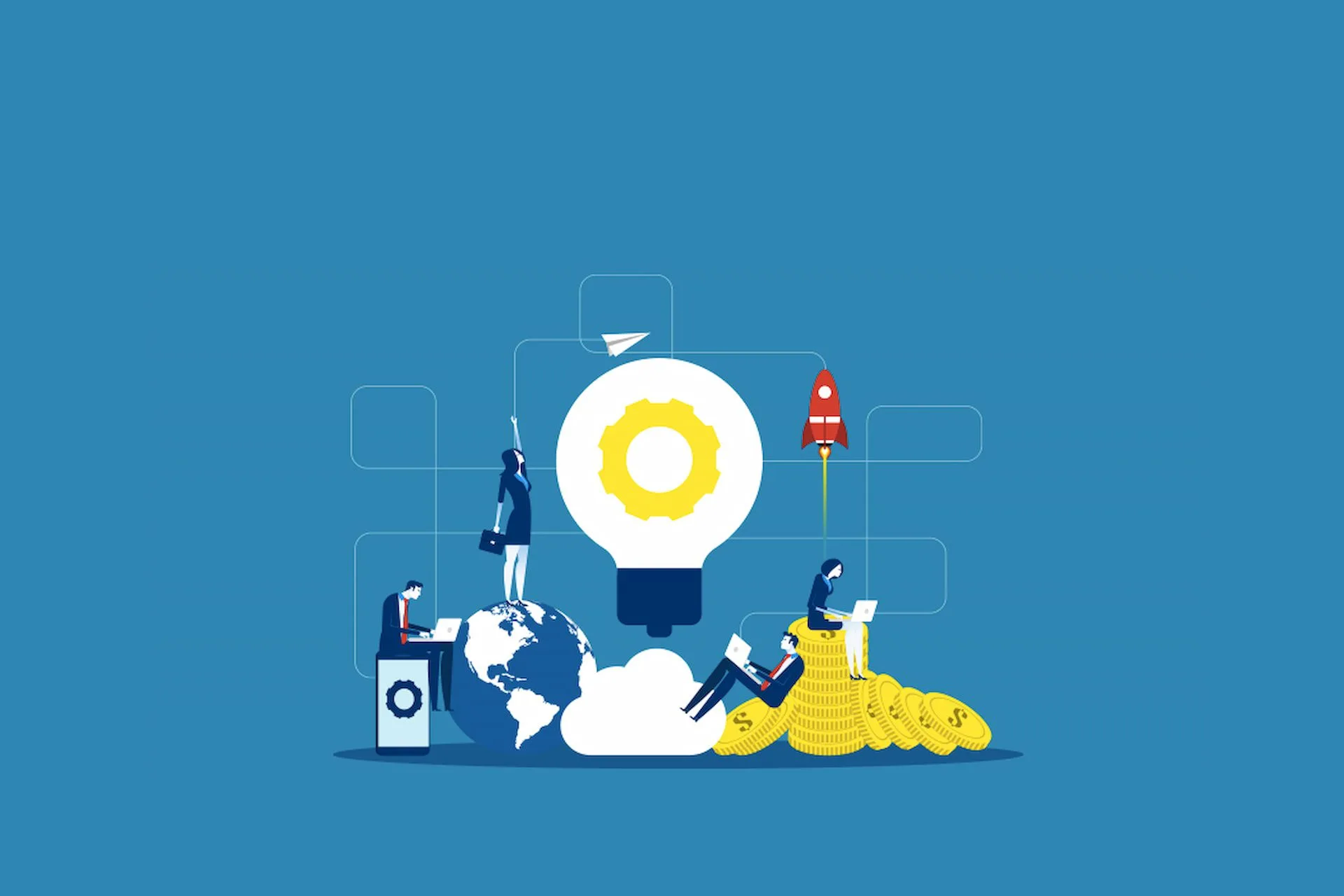From 17 February, 2024, the EU Regulation 2022/2065, better known as Digital Services Act (DSA), approved by the European Parliament and the Council on 19 October, 2022, finally came into force and will apply to all digital services platforms. The Commission will enforce the law together with national and local authorities, in order to best supervise the compliance of the platforms established in their territory.
A definition for the Digital Services Act (DSA)
Since August 2023, many digital platforms have already begun to change their systems and interfaces according to the new instructions of the Digital Services Act (DSA), providing a safer online experience for everybody. But what is this regulation about?
The best definition for the Digital Services Act would be that DSA is the worldwide most important and ambitious regulation for what concerns the protection of users’ fundamental rights and the battle against illegal or harmful content, making digital spaces safer and better places. There is no other legislative act in the world having this same level of ambition to regulate the activity run onto social media, online marketplaces, very large online platforms (VLOPs) and very large online search engines (VLOSEs).
More specifically, the Digital Services Act regulates both online intermediaries and platforms, so both Internet services providers and online services spaces (such as marketplaces, social networks, content-sharing platforms, app stores, online travel and accommodation platforms, and much more).
What is the purpose of the Digital Services Act?
The main goal of the Digital Services Act is to prevent and hinder illegal and harmful activities online, like the spread of unlawful content and misinformation. DSA also aims to ensure users safety, by protecting their fundamental rights, enhancing the trust of privacy and security measures and building a fair, open online environment.
The come into effect of the Digital Services Act represents another important step forward to the shaping of Europe’s future, embracing the social and cultural innovation related to digitization. As a matter of fact, a regulation like DSA originates precisely from the need to make digital transformation a streamlined and safer process for everybody in Europe, citizens, companies and public institutions.
For example, just think about the unfolding of the development works regarding the EU Digital Identity Wallet, one of the main outcome related to the European digital strategy for the upcoming years.
Who will benefit from the Digital Services Act?
This new European regulation will provide significant benefits for all the parties involved into the digital society and the digital economy dimensions. Let’s check them out:
- Benefits for citizens: better protection of fundamental rights, more control and choice, stronger protection of children online and less exposure to illegal content;
- Benefits for digital services users: access to EU-wide markets through platforms and level-playing field against providers of illegal content;
- Benefits for digital services providers: legal certainty and a single set of rules across the EU, easier to start-up and scale-up in the whole continent;
- Benefits for society as a whole: greater democratic control and oversight on systemic platforms and the mitigation of public security risks, like manipulation or misinformation.
Who will be affected from the Digital Services Act?
The rules included in the Digital Services Act will be applied to all the players involved in the production and distribution of online services used by millions of Europeans everyday. Each online player’s obligations will match its role, size and impact.
The subjects affected from the Digital Services Act, therefore, include intermediary services (like Internet providers), hosting services (like clouding and web hosting), and standard online platforms (like online marketplaces, app stores, collaborative economy spaces and social networks).
But, at the top of the hierarchy, there are the so called very large online platforms (VLOPs) and search engines (VLOSEs), counting over 45 million users in Europe: we’re talking about big companies like Amazon, Apple, Booking, Facebook, Google or TikTok.
How does Digital Services Act work?
The Digital Services Act significantly improves the mechanisms for the removal of illegal or harmful content and for the effective protection of users’ rights online, like the freedom of speech. It also creates a stronger public oversight system for digital platforms, especially for those that reach more than 10% of the EU’s population on a daily basis.
Inparticular, very large online platforms must comply with the most strict rules of the DSA, as they have to:
- establish a point of contact for authorities and users;
- report criminal public and private offenses;
- arrange user-friendly terms and conditions;
- be transparent about advertising, recommendation systems and content moderation.
Moreover, they’re committed to assess the risks about illegal and harmful content, fundamental rights (like the freedom of expression and media pluralism), discrimination, racism and gender-based violence, consumers protection, minor’s rights and protection, public security and health, mental and physical well-being, and electoral processes.








